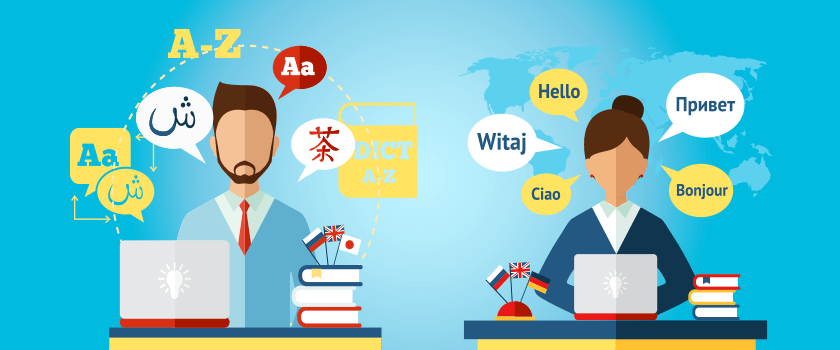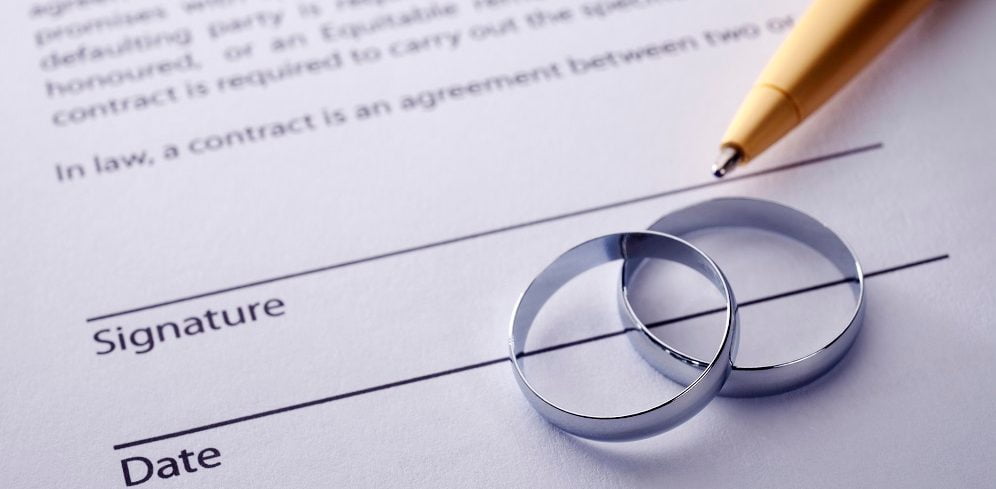It is known that Dubai’s global business ecosystem thrives on international strategic alliance, migration of people from all over the world and an immense number of cross border transactions. All these factors depend largely on accurate translation of legal documents ranging from official contracts to court orders, from papers related to immigration documents to corporate agreements filled with clauses. When translating these materials from English to Arabic translation one requires far more than mere linguistic fluency since it requires utmost understanding of judicial legal systems, cultural variations that are difficult to grasp by layman as well as ensuring that all translations comply with UAE’s rigid requirements related to regulation.
The current article emphasizes this argument and attempts to break down how legal translation works in Dubai and what measures are used to make sure that highest accuracy levels are maintained while doing so.
Reasons Legal Translation is Important in Dubai
Dubai’s legal system is bilingual as it focuses mainly on two languages that is English for commercial dealings which is widely used and Arabic stated as the official language for UAE and its government authorities including court. While this duality is maintained to allow ease of business, it may lead to a number of unseen challenges such as documents that were originally drafted in English will need to be accurately translated in Arabic to ensure that they can be legally accepted within the region. This is especially true for contracts that happen between multinational corporations that are operating in Dubai’s free zones as their dealings are mostly in English language. Although in cases of disputes where the matter is left for court to take judgment, only Arabic versions can be counted as legal documents. This highlights the fact that professional translation is not only a mode of convenience when working in Dubai but additionally can be proven to be a legal necessity. One must also take note that UAE’s legal terminology is quite different from other countries such as the United Kingdom or the United States of America. For example, words like leasehold, trust and tort which are quite common in English agreements not have any Arabic equivalents till date. Translators in such situations use context-specific language that can convey the exact meaning which fits well into the UAE’s civil law framework. This makes sure that the translated document carries the same legal meaning as the original English-scripted document.
Certification and Compliance: What Does Law Dictate?
Legal translation in Dubai is certainly not an easy field where anyone fluent in both languages can participate and be good to go. Instead it is a largely regulated profession that is heavily governed by the UAE Ministry of Justice (MOJ) and therefore must be treated as such also. Translators in this field must be carrying as officially licensed pass which is approved by the Ministry to provide certified legal translations that are recognized by key authorities.
Now you might think what does it mean when a document says certified? It means that the translation has been completed and stamped by a translator accredited by the MOJ which in other words means that it is a true and faithful rendering of the original texted document. But what certifications are mandatory for translation you ask? These include court submission documents ranging but certainly not limited to verdicts, witness statements, lawsuits, petitions and government transactions such as police clearances and business permits. Additionally, sources suggests that immigration documents related to residency, marriage status, birth certificates and education documents are also something that must be translated from English to Arabic. Without certification of translation, any document will not be accepted as a legally binding agreement as per the laws stated in the UAE. This includes getting the translated documented notarized and attested too. While these additional steps for foreign-issued documents may look like an hassle to an outsider, trust us it will save you time, money and effort in the longer horizon. This implies that a person born in the UK will have the UK issued birth certificate to be legalized by the UAE Embassy in London along with the Ministry of Foreign Affairs in Dubai prior to any Arabic translation is recognized legally.
Selecting the Reliable Legal Translation Service in Dubai
It is significant to select the correct legal translation service in Dubai, considering the stakes that are involved. The question of providers is a different one: they should not only have a license but also the experience in the sphere of laws that should be applied in your situation that may be a variety of family law, corporate law, real estate, or immigration.
First check whether the translator has been approved by the Ministry of Justice in UAE. The stamp and signature they put must be authoritative as per the courts and government departments. A reputed provider will be open regarding his/her credentials and offer samples or references on demand. Second, have a look at the turn around time and responsiveness. Legal affairs are usually time sensitive and any failure to meet deadlines because of translation failure may result in monetary fines. Dubai has professional firms that tend to provide sped-up services or at least those on the very same day of emergency. Lastly, make sure the provider also has strong confidentiality requirements. Information in law documentations is sensitive. Your translation vendor should ensure confidentiality and information safety, irrespective of whether it is a merger agreement, custody document, financial statement, and so on.


